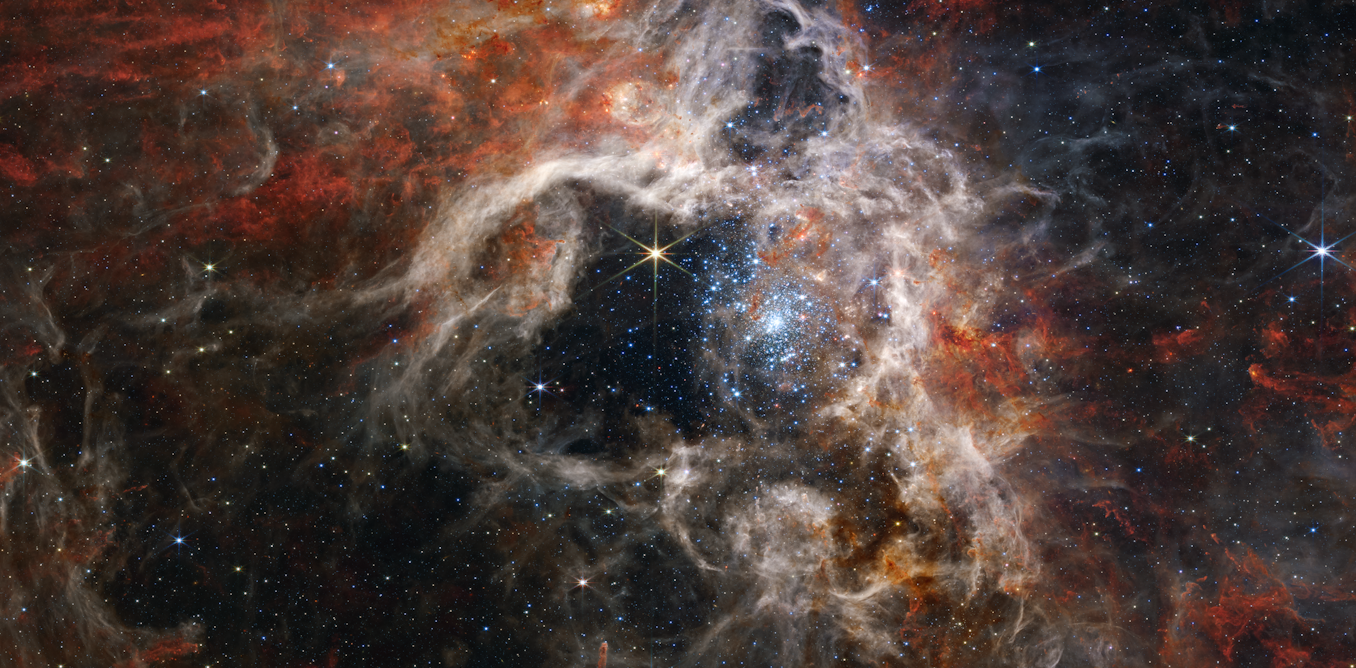Key insights
-
1
Higgs Boson and Universe Stability
The Higgs boson, discovered in 2012, is crucial for giving particles mass. However, theoretical physics suggests it could also cause the universe to become unstable, potentially leading to a 'vacuum decay' where the universe could abruptly collapse.
-
2
Why the Universe Remains Stable
Despite these theoretical predictions, various factors contribute to the universe's stability. One key factor is the energy levels and mass of the Higgs boson, which create a stable vacuum state that prevents the catastrophic decay from occurring.
-
3
Role of Quantum Fluctuations
Quantum fluctuations are random variations in energy that occur in empty space. These fluctuations could potentially trigger vacuum decay, but the current understanding indicates that the likelihood of such an event happening is extremely low.
-
4
Implications for Future Research
The stability of the universe has significant implications for future research in particle physics and cosmology. Understanding the exact mechanisms that prevent vacuum decay can help scientists develop more accurate models of the universe.
Takeaways
While the theoretical possibility of the Higgs particle causing the universe to end exists, current scientific understanding suggests that such an event is highly unlikely. The stability of the universe is maintained by various factors, including the properties of the Higgs boson and the nature of quantum fluctuations. This stability provides a foundation for further research in understanding the fundamental forces and particles that govern our universe.

